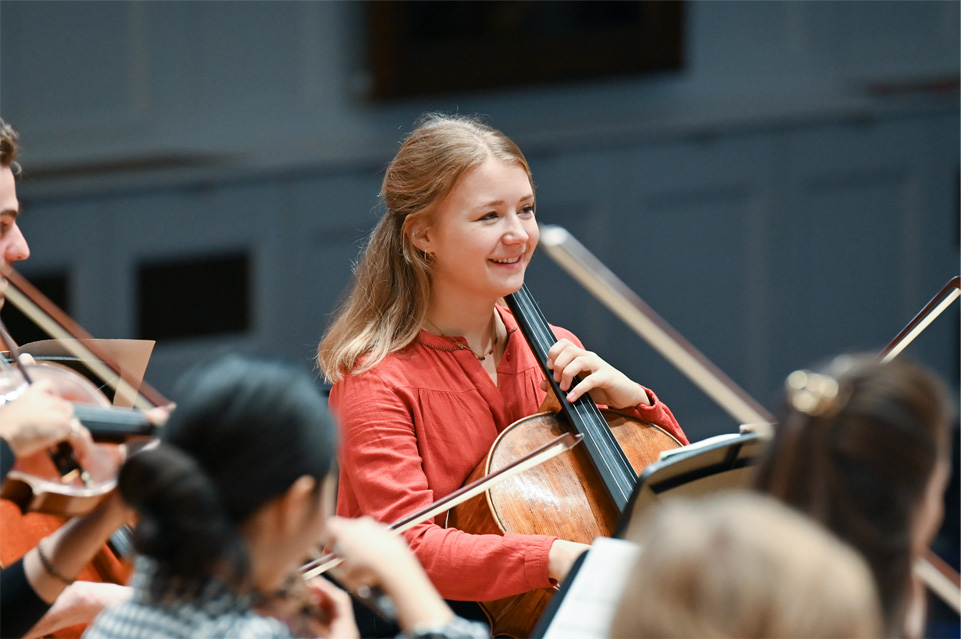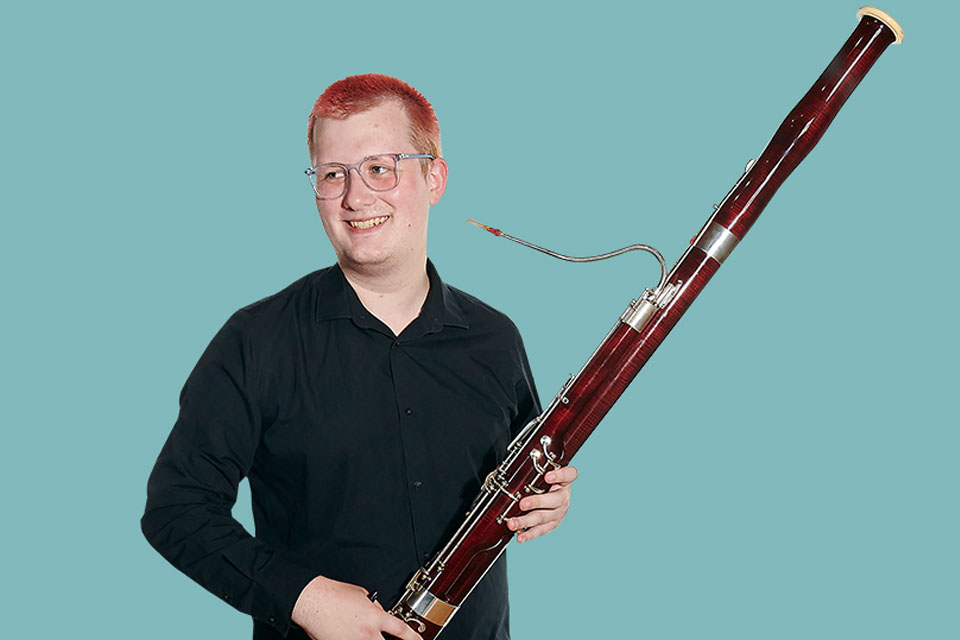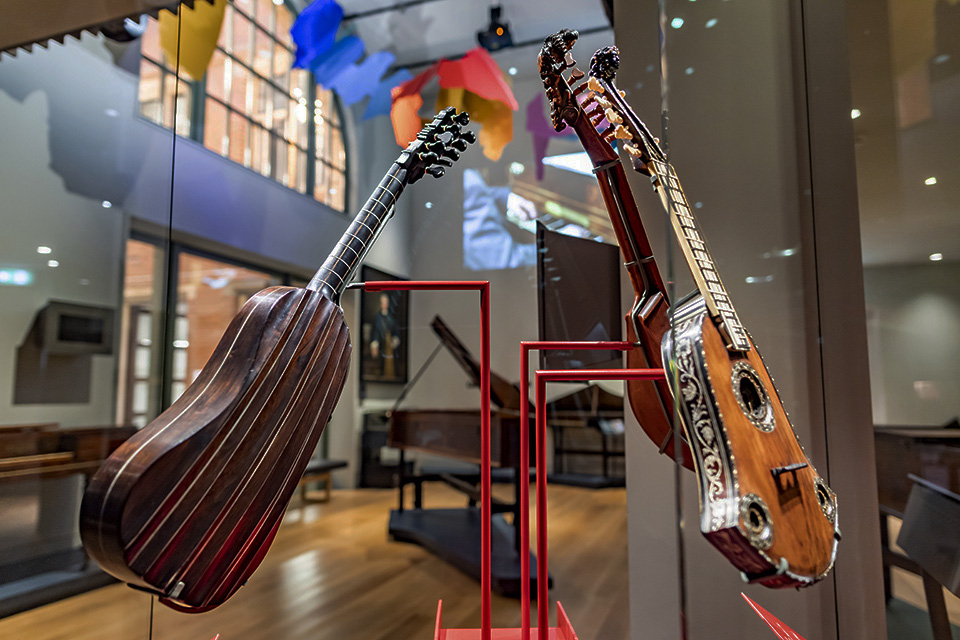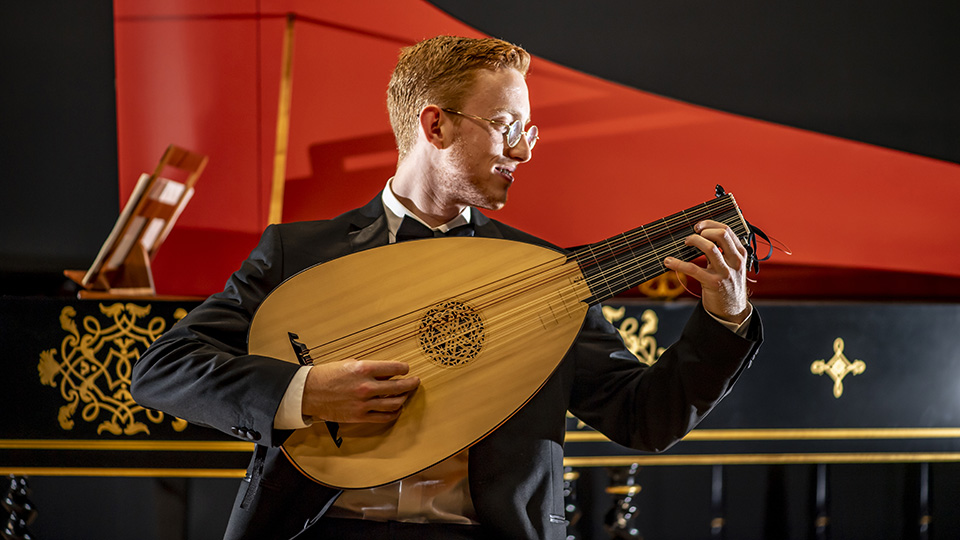The time shown on UCAS Conservatoires is your audition time. You should plan to arrive at the RCM at least 30 minutes before this, to allow time to check in and warm up. We advise allowing plenty of extra time for travelling into or across London.
If you are caught in an unavoidable delay, please telephone the Admissions team on +44 (0)20 7591 4362 immediately so that, wherever possible, alternative arrangements can be made.
When you arrive at the RCM, you should find out from the steward in the entrance hall where your audition will take place.
Candidates auditioning for harpsichord or fortepiano will be assigned a specific warm-up time. You should plan to arrive at the RCM before this so you are available to warm-up when the time comes.
Historical Performance auditions last approximately 20 minutes. Candidates will be directed by the panel to perform their audition pieces or particular extracts. We cannot say in advance which extracts you might be asked to perform, so you should prepare all of the materials in full. You may be required to take a sight-reading test and there will be a short interview. Typical questions may include:
- Why do you want to study at the RCM?
- What are your musical interests?
- What do you think you need to do most to improve your playing?
In some cases you may also be asked to perform scales, arpeggios or other technical exercises.
You will have 20 minutes of warm-up time with your accompanist prior to your audition. We are not able to provide practice rooms for you to use earlier this.
The RCM provides accompanists for candidates auditioning in London (where applicable), but you are welcome to bring your own if you prefer. We usually have several accompanists working on each audition day so are unable to provide the name or contact details of our accompanists in advance. If you require an RCM accompanist you do not need to tell us in advance; just inform the steward for your audition panel when you arrive.
You do not need to tell us what you are performing in your audition and please do not send copies of the music in advance. Our accompanists are very experienced and are familiar with most standard repertoire.
Candidates auditioning for harpsichord or fortepiano
To allow you to practice on the instrument used for auditions, candidates auditioning for harpsichord or fortepiano will be assigned a specific practice slot lasting around 30 minutes. You will be notified of your practice time via UCAS Conservatoires. Please note, all of these practice slots are usually in the morning of the audition day. The auditions themselves normally take place later in the day.
Please note that we are unable to audition for historical instruments at our overseas audition venues. If you are unable to attend an audition in London, there is the option to audition by video recording.












